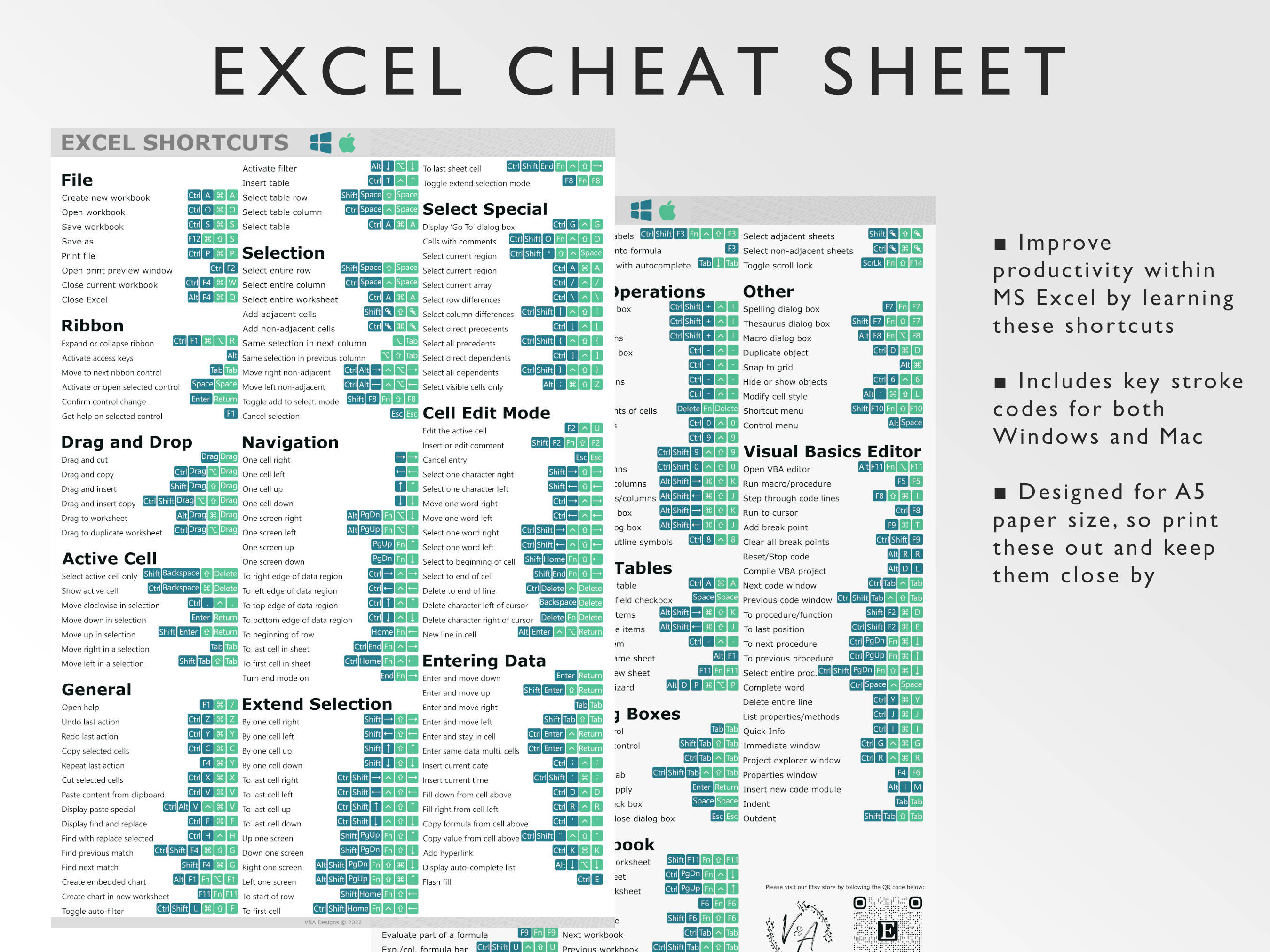Are Online Excel Sheets Faster? Find Out Now.

Spreadsheets have become an integral part of many workflows, from personal budgeting to business financial analysis. With the advent of cloud computing, online spreadsheet applications like Google Sheets have entered the scene, challenging the dominance of traditional desktop applications such as Microsoft Excel. A common question that arises when considering a switch from offline to online tools is: Are online Excel sheets faster? Let's explore the efficiency and performance aspects of online spreadsheet software compared to their offline counterparts.
The Rise of Online Spreadsheets


Cloud-based applications have grown significantly in popularity due to several advantages they offer:
- Accessibility: Access your spreadsheets from anywhere with an internet connection.
- Real-time Collaboration: Multiple users can work on the same document simultaneously.
- Automatic Updates: No need to worry about updating the software; updates are managed by the service provider.
Factors Affecting Spreadsheet Speed

Before we delve into the speed comparison, let’s understand the key elements that impact the performance of any spreadsheet software:
- Computing Power: The speed of the local machine or server processing the data.
- Network Bandwidth: Critical for online spreadsheets, determines how quickly data can be transferred between the user and the server.
- File Size and Complexity: Larger, more complex files naturally take longer to open and perform operations on.
- Software Optimization: How efficiently the application’s code is written to handle data operations.
Comparing Speed: Offline vs. Online Excel Sheets

Now, let’s get to the heart of the matter:
Offline Excel Performance

Microsoft Excel, when run on a robust local machine:
- Utilizes the full potential of your computer’s CPU and RAM.
- Does not require an internet connection to open or perform calculations.
- Has historical optimization for large data sets and complex formulas.
Online Spreadsheet Performance

Google Sheets, as a representative of online spreadsheet software:
- Relies on the cloud server’s computing power for processing.
- Requires an internet connection for most operations.
- Is designed for scalability, allowing multiple users to work on large datasets.
- Automatic saving and version control reduce processing overhead for the user.
Real-World Speed Test Scenarios

To objectively measure the speed of these spreadsheet types, we could consider various scenarios:
Opening a File
- Offline: Near-instantaneous with local storage.
- Online: Depends on the server load and network speed, but often slower due to data transfer and loading from the cloud.
Performing Calculations
- Offline: Calculations are performed by the user’s hardware, typically faster if the machine is powerful.
- Online: If the cloud server’s resources are underutilized, it can be competitive or even faster, especially with heavily optimized algorithms for distributed computing.
Data Entry and Editing
- Offline: Input is instant; only updates to the file on disk are delayed.
- Online: Input might have a slight delay due to the round trip to the cloud server, but real-time collaborative editing provides unique advantages.
Data Analysis
- Offline: Excel’s advanced analysis tools are available without an internet connection.
- Online: While tools might be slightly limited, the integration with cloud services and the ability to use AI for data analysis can offer a different level of speed and efficiency.
| Operation | Offline Excel | Online Spreadsheet |
|---|---|---|
| File Load Time | Fast | Variable |
| Cell Entry Delay | None | Minimal |
| Calculation Speed | Very Fast | Dependent on Server |
| Collaborative Features | Not Native | Highly Optimized |

⚠️ Note: The performance of online spreadsheets can vary greatly based on your internet connection and the service provider's server load.
Additional Considerations

Beyond speed, there are other significant factors to consider when choosing between offline and online spreadsheets:
- Data Security: Online services employ advanced security measures, but you have control over your local environment with offline tools.
- Integration: Online tools can seamlessly integrate with other cloud-based applications, enhancing productivity.
- Scalability: Online spreadsheets are designed to handle large-scale operations across multiple users.
- Cost: Subscription models for online tools can lead to cost savings compared to purchasing expensive software licenses.
In sum, determining whether online Excel sheets are faster involves looking beyond raw performance metrics to consider how these tools fit into your workflow. While offline tools like Excel might offer a quicker initial response and direct processing power, online spreadsheets provide valuable features like real-time collaboration, integration with other web services, and scalable cloud computing power. Your choice might depend on your specific use case:
- For heavy computations and immediate analysis, the offline, optimized environment of Excel might be better suited.
- For collaborative projects, data sharing, or when working with large datasets across different geographical locations, online spreadsheets can offer unparalleled convenience and efficiency.
Can online spreadsheets handle large datasets as well as offline spreadsheets?

+
Online spreadsheets like Google Sheets have made significant strides in handling large datasets. While they might not match the sheer capacity of Excel in extreme cases, cloud optimization and ongoing improvements make them quite capable for most users.
Is data security better with online or offline spreadsheets?

+
Both online and offline spreadsheets have their security merits. Online platforms employ encryption and advanced security protocols, whereas offline tools rely on the security of your local machine and backups.
Are there any cost benefits to using online spreadsheets?

+
Yes, online spreadsheet services often operate on a subscription model, which can be cheaper over time than buying software licenses for offline tools.



